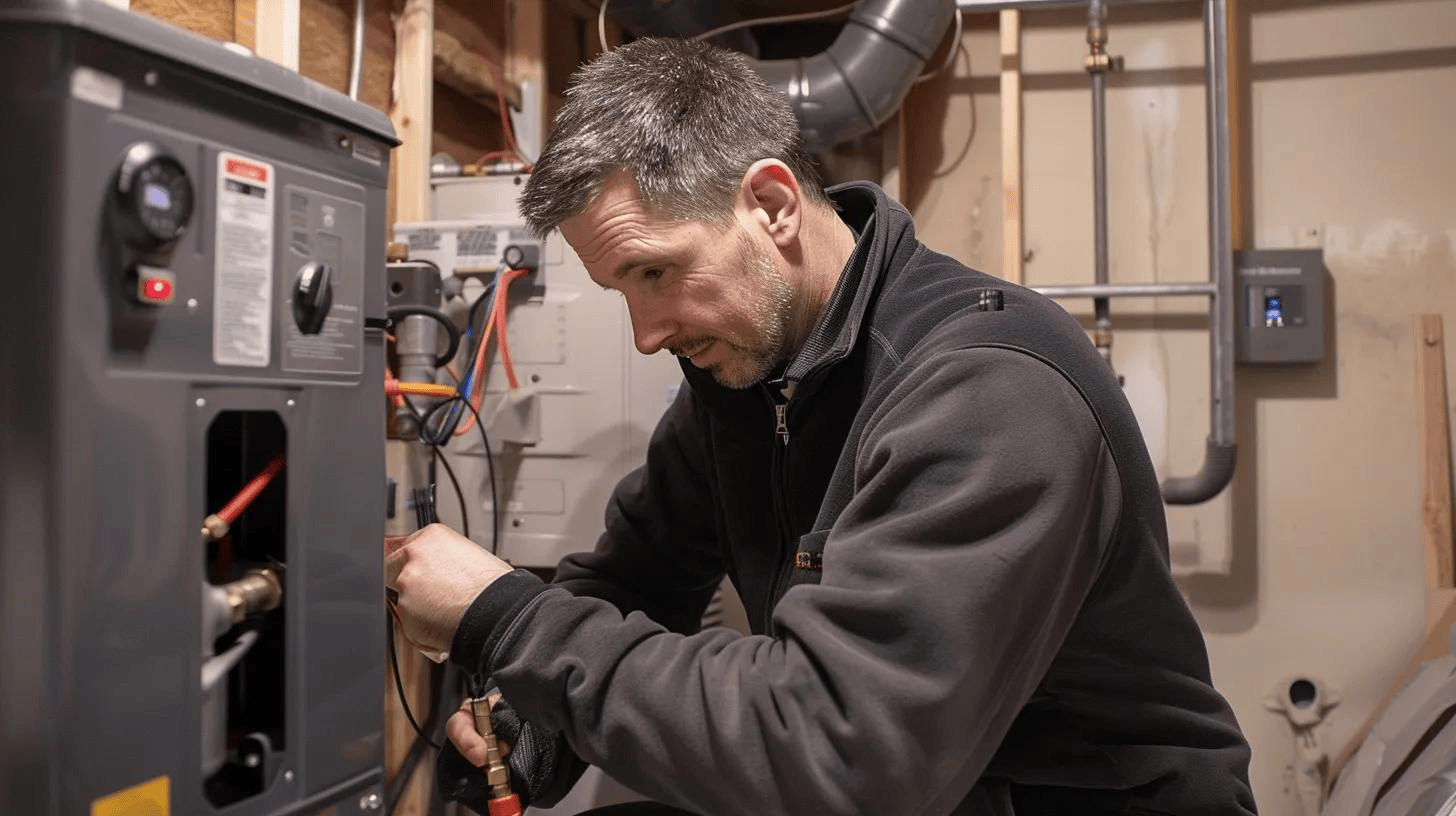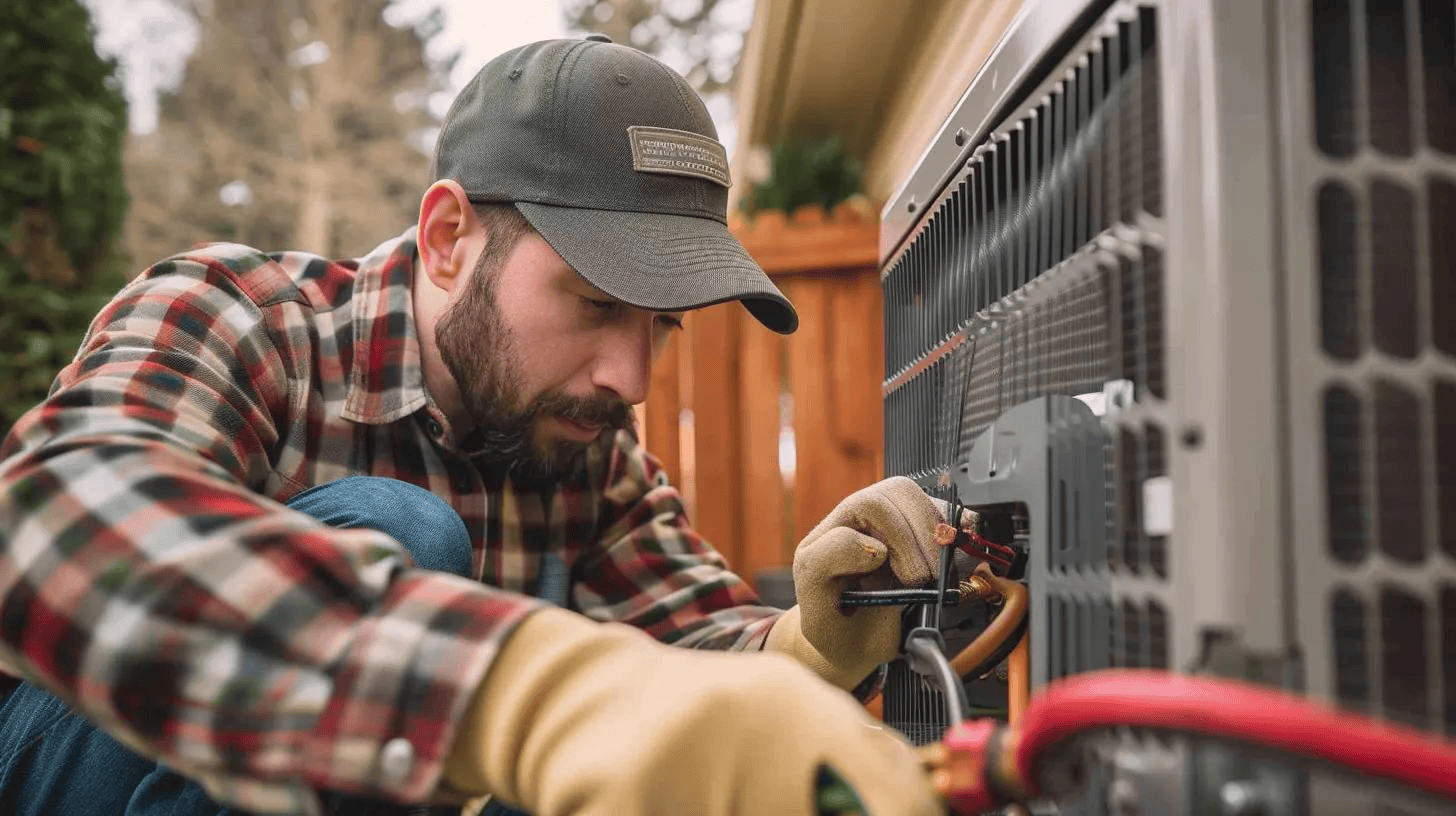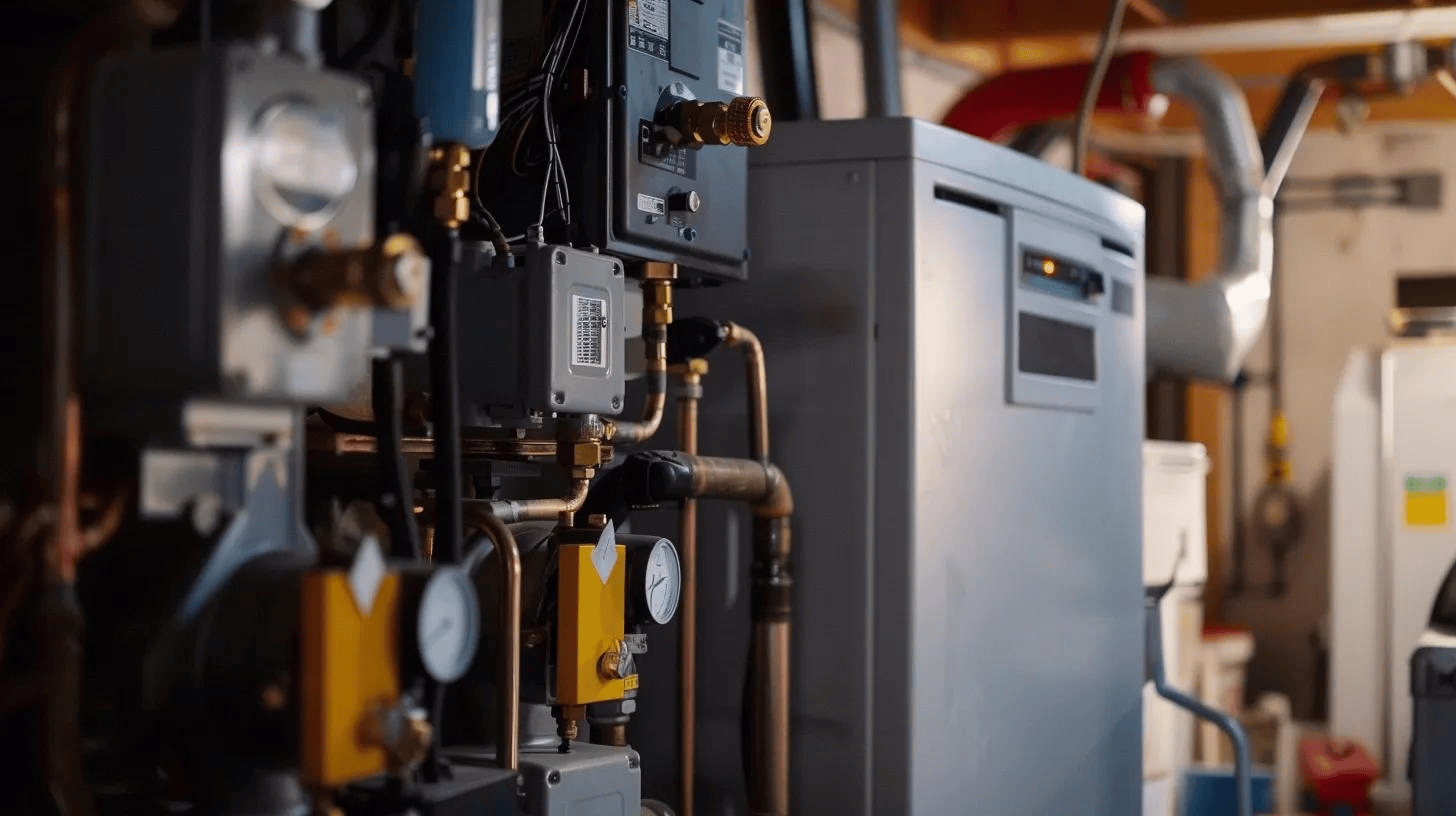Homeowners in Lewiston rely on dependable cooling systems during the warmer months. Choosing between a heat pump and a traditional HVAC setup is often one of the most important decisions for long-term comfort and cost savings. With summers bringing steady demand on AC units, it makes sense to compare these systems when considering a replacement or upgrade.
Many homes today are switching from older HVAC units to other options like heat pumps. But not everyone's cooling goals, budget, or home setup are the same. Some homeowners focus on energy savings, while others prioritize low upfront cost or system durability. Understanding the differences and benefits of each system will help you make the right call for your Lewiston home.
Understanding Heat Pumps
A heat pump is a single system that provides both heating and cooling by moving heat in or out of your home. In the summer, it takes warm air from inside, releases it outdoors, and circulates cooled air indoors. That’s similar to how an air conditioner works. The main difference is a heat pump can also reverse the process in colder months, pulling outdoor heat inside when needed.
What stands out about a heat pump is its efficient operation. It doesn’t produce heat—it transfers it. This makes it a good choice for homeowners looking to reduce monthly electric bills and simplify their HVAC setup. Because it handles both heating and cooling, there's no need for a separate furnace, which can also free up space.
Homeowners in Lewiston considering a heat pump may benefit from:
- Having one system do the job of two, which typically means simpler maintenance
- Quieter operation compared to older, traditional units
- Good performance in moderate climates, including parts of the year in Lewiston
- Reduced carbon output compared to traditional heating systems
Still, a heat pump may not be ideal for every home, particularly older ones with poor insulation or limited electrical capacity. If a home needs major upgrades to accommodate a heat pump, that can change the overall value of switching to one.
Exploring Traditional HVAC Systems
Traditional HVAC systems often consist of a furnace for heating and an air conditioning unit for cooling. Each section is built to handle one function—unlike a heat pump, which toggles between both. These systems are commonly found in many Lewiston homes and have a long track record of reliable performance.
There are key upsides to sticking with or installing a traditional HVAC setup:
1. Proven durability – Many furnaces and AC systems can run steadily for over a decade with proper upkeep
2. Familiar technology – Most homes are already set up for this type of system, making installation more straightforward
3. Strong performance during extreme weather – Gas or electric furnaces can deliver heat even when outdoor temperatures are low
4. Wide range of models and price points – There are lots of options and features to match different needs and budgets
A traditional system may end up being the better choice for homes with specific layout limitations, existing ductwork designed for two separate units, or homeowners who prefer trusted, familiar equipment.
If you already have a functioning furnace or a relatively new AC unit, sticking with this setup when one portion needs replacement can be more practical. But if both pieces of equipment are nearing the end of their lifespan, it may be worth considering whether a switch to a heat pump fits your goals and budget.
Comparing Costs and Energy Efficiency
When weighing your options, it’s helpful to look at both upfront costs and long-term operational expenses. Heat pumps can have higher installation costs, especially if electrical upgrades are needed or if the existing system has to be fully removed. Traditional HVAC systems may cost less to install when replacing one component at a time, like just the AC.
For many homeowners in Lewiston, energy efficiency often plays a big role in decision-making. Heat pumps tend to use less electricity to maintain comfortable temperatures, especially during milder months. That can translate into noticeable savings on energy bills across a year. But those energy savings can take time to offset the higher initial cost, so the timeline of your return is something to factor in.
Here’s how both systems stack up in most homes:
- Heat Pump
- Higher installation cost in many cases
- Lower operating cost during cooling season
- Acts as both heater and cooler
- Efficient for mild to moderate climates
- Traditional HVAC
- Lower cost to replace one part (furnace or AC)
- Separate systems allow for servicing or upgrading individual units
- Power-house heating in cold weather
- Proven track record in a wide range of home types
Proper sizing and placement matter in both setups. A unit that's too small can struggle to keep up during hot days. One that's too large doesn't run efficiently. That’s why having our professionals assess your home’s layout, insulation levels, and energy needs is key before making a decision.
Evaluating Home Requirements and Preferences
Before deciding on a heat pump or a traditional HVAC system, take a close look at your home’s design, size, and insulation. These factors affect how well each system can keep your home consistently cool. For instance, homes with larger square footage or poorly insulated attics may need more powerful or zoned cooling support.
Older homes in Lewiston often present challenges that should be addressed before installing a heat pump. Electrical infrastructure, for example, may not meet the demands of modern, high-efficiency cooling equipment. In contrast, if you're living in a newer build or have already upgraded your insulation and energy systems, a heat pump could be a strong fit.
Your cooling preferences also matter. Some homeowners prefer the feel of a steady, quiet breeze from a ductless heat pump system. Others are used to the more forceful airflow of central air from a standard AC unit. If you’ve previously had performance issues, such as uneven room temperatures or high utility bills, it may be time to explore whether your current setup is the right one.
Here are a few key questions to guide your decision-making:
- How large is your living space, and does each room receive consistent airflow?
- Is your current system forced air, and does it connect to ductwork in good condition?
- How much control do you want over temperature zones or specific rooms?
- Are you looking for long-term savings or the lowest upfront cost?
- Have you recently experienced frequent system repairs or poor cooling?
Answers to these questions can help shape whether you're better off upgrading your current HVAC system or replacing it with a heat pump. Either way, having our technicians evaluate the layout and recommend system capacity will give you options that fit your needs.
Choosing the Right Option for Your Lewiston Home
Both heat pumps and traditional HVAC systems offer dependable solutions, but the right pick depends on your individual situation. If your home has tight insulation and solid electrical systems, and you’re thinking of reducing multiple systems into one, a heat pump might check all your boxes. On the other hand, if you want to upgrade just your air conditioner or stick with a setup you know and trust, a traditional split system works well in most Lewiston climates.
Installation and maintenance should factor into the decision too. Regardless of the system you choose, proper sizing and setup are key to long-term comfort. A poorly installed unit of any kind can result in high power use or uneven cooling, especially during peak summer days. Our professionals can avoid those pitfalls by choosing the right unit for your home structure and cooling demand.
Maintenance is another important area. Heat pumps typically require seasonal servicing to keep both the heating and cooling functions working at full efficiency. Traditional HVAC systems may be easier to service in parts if the AC and furnace run separately. Either way, ongoing care by our technicians helps avoid breakdowns and keep equipment operating efficiently.
Making a Smart Investment in Home Comfort
Every Lewiston home has different needs. Some homeowners are planning to stay long-term and want systems that support lower energy use. Others may be moving soon and simply want reliable cooling through the current season. Air conditioning isn’t one-size-fits-all. Matching the system to your home’s structure, wiring, and usage habits brings better results than picking based on online reviews or neighbor opinions.
A good evaluation takes your habits, home layout, and budget into account. Whether that leads to a heat pump replacement or a more familiar HVAC upgrade, the goal is cleaner, more comfortable air during hot weather. And because Lewiston summers are steadily warm, the wrong system can quickly become frustrating and costly.
Rather than choosing based on what’s trending, it helps to look at year-round performance, repair history, and whether your system helps or hurts your monthly electric bills. The right solution is the one that keeps your home comfortable today and into the future while staying reliable when you need it most.
When your home struggles to maintain comfort, finding a long-term fix like heat pump replacement in Lewiston can address performance problems and help restore reliable cooling. At Unlimited Heating & Refrigeration Inc, our professionals understand that every home has different needs, so for a quick estimate or to book a service visit, please contact us today.
Customer Testimonials
Our customers love our service and support.










